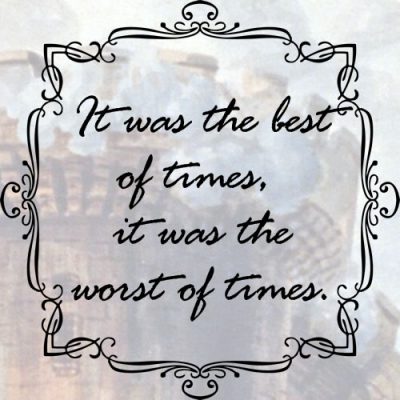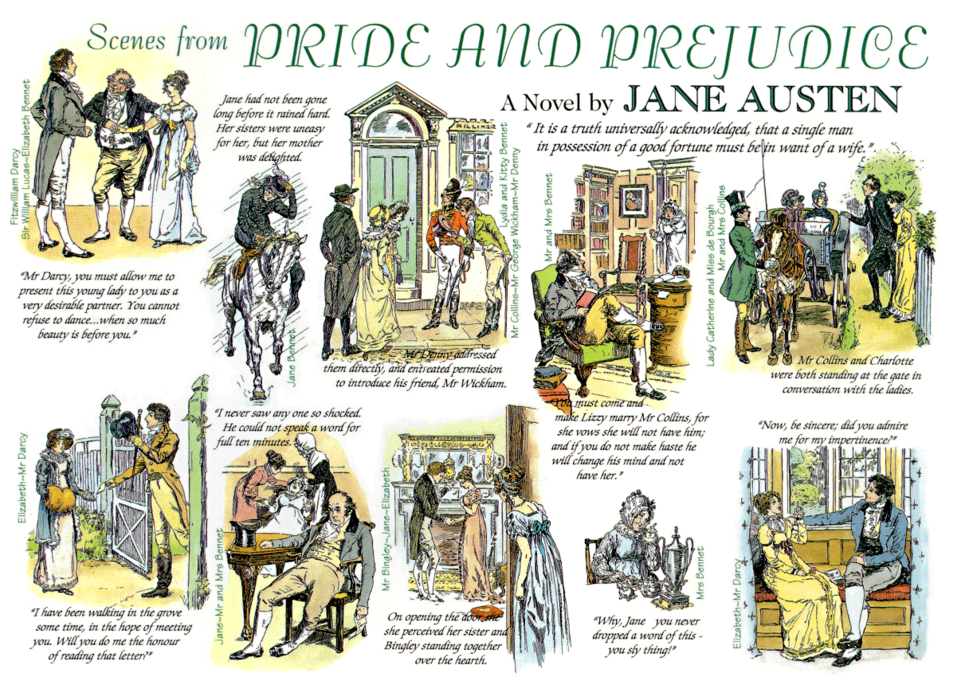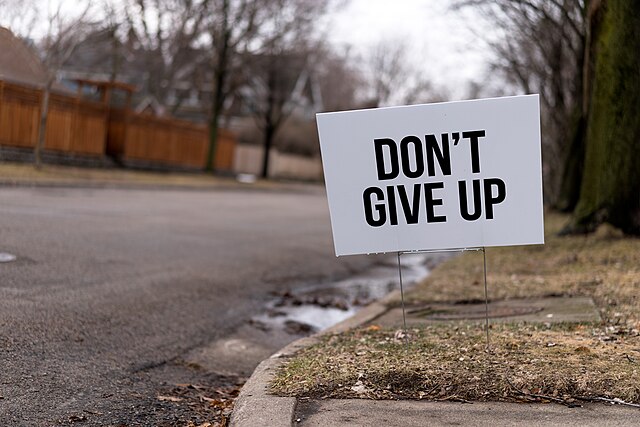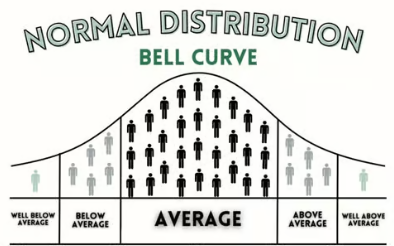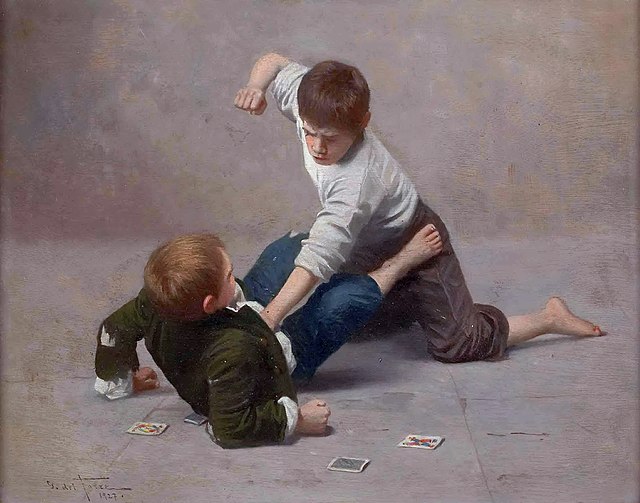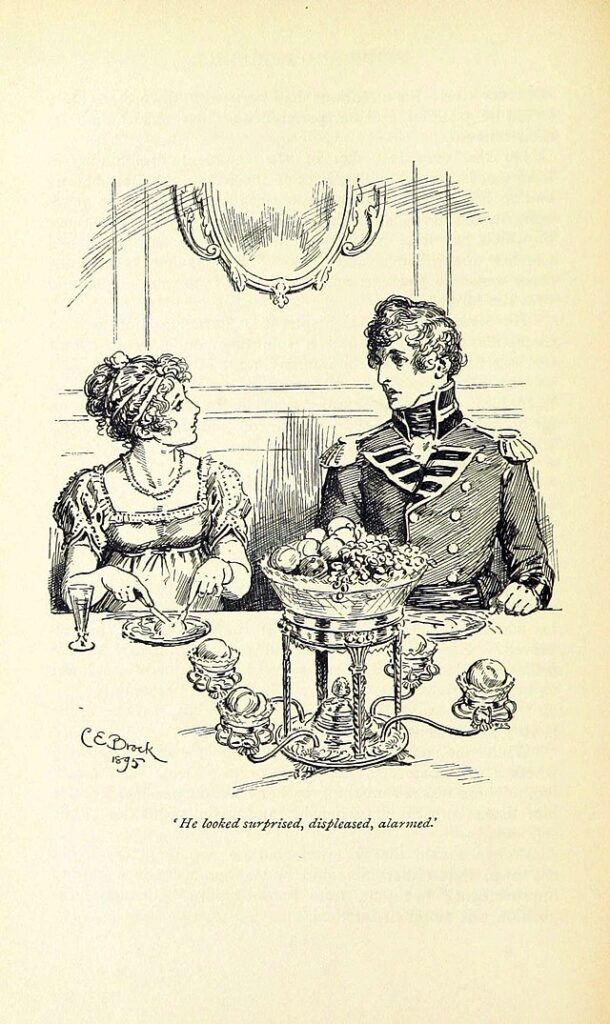Writing Emotion

Out of the Mouths of Babes
This post was inspired by a comment made by my eleven-year-old son. It was prompted by his question regarding what I’d hypothetically create a YouTube channel about (reading and writing novels of course!). He summed up in one sentence what I took years to work out: “The most important thing a story needs is emotion.” He went on to discuss how video games are similar, citing The Legend of Zelda as an example: “The creators didn’t just tell us the world was almost destroyed; they showed us, and it made us care about the characters.”
The Reader Doesn’t Have to Like the Protagonist
Something I’ve learned when having my writing critiqued by the wonderful and insightful members of Litopia, is that your main character can be unlikeable, but there’s a caveat. As my son said, the reader must care what happens to them; they need a reason to root for them. This can be achieved by making the reader react emotionally to your character. We may not like them, or agree with their choices, but maybe we can empathise with them and their situation and what made them the way they are (their backstory). A classic way to do this is to have a ‘Save the Cat’ moment early in the story. This shows us that the protagonist is not completely without redeeming qualities and makes us more disposed to involving ourselves in their story and sticking with them for the duration of a novel. We want the reader to be curious enough to turn the page, and part of evoking this curiosity is to make the reader – excuse me – give a f*ck.
What’s Love Got to Do With It?
I keep coming back to AgentPete’s phrase: ‘emotional aftertaste’. This is what we as writers should leave the reader with by the end of a scene/chapter/the novel. It doesn’t have to be a positive feeling, like satisfaction; it can be heart-wrenching sadness. The point is to leave them with something – otherwise what was the point of your story? Of course, this aftertaste will depend on genre. Readers have expectations when they sit down to read a romance that there will be a happy-ever-after; a horror novel may end in a, well, horrifying manner; a literary novel may have an ambiguous ending, but still leave the reader with an ache in the pit of their stomach.
How Do We Know if We’re Evoking Emotion?
We don’t – it’s up to the reader to decide this. Oh, we can try our best to show-not-tell, to put the protagonist in-scene and show them having to deal with difficulties, conflict, dilemma, to make the reader wonder, ‘what would I do in this situation?’ But at the end of the day, we can’t possibly know how the reader will react to our writing – we’re too close to the story. Beta readers come in here; their fresh eyes and objectivity places them in a position which you, unfortunately, cannot. It can be hard to take feedback on our work, but if a trusted early reader tells you there’s something lacking, be open-minded and listen to them. If their comments are constructive, try to analyse them – what was lacking? Where? Why? How can I fix it? And remember, sometimes less is more – don’t be afraid to be economical with your language. Trust the intelligence of your reader to read between the lines. You don’t need to label the emotion your character is feeling; show it in their speech, body language, actions. Or even better, show it by what they don’t say or do.
Experience
I’ll admit, there are times when I struggle with ‘show-don’t-tell’ (though we know that this is by no means a hard and fast rule). I find it easier in some genres than others. For example, I’m always tempted to put adverbs like ‘anxiously’ in my dialogue tags. Perhaps this is a habit which stems from my career as a teacher, where I was used to having to over-explain things.
In terms of novels I’ve read, perhaps the one which left the greatest emotional aftertaste was Fractured by Dani Atkins – I cried my eyes out at the ending. Novels like The Giver by Lois Lowry also left me with strong reactions as the story unfolded.
Final Thoughts
How do you evoke emotion in your writing? Do you have any tips for other writers?
Which novels have you read which do this successfully? How does the author achieve this?
Structuring Scenes
How to craft scenes with purpose
I watched another excellent webinar recently. The content was helpful as both a planning tool and as an editing tool. Scene structure mimics story structure, but on a…
On The Honest Authors’ podcast, Gillian McAllister once mentioned that she was asked, “Do you really think that?” about something controversial she’d written in one of her novels….


